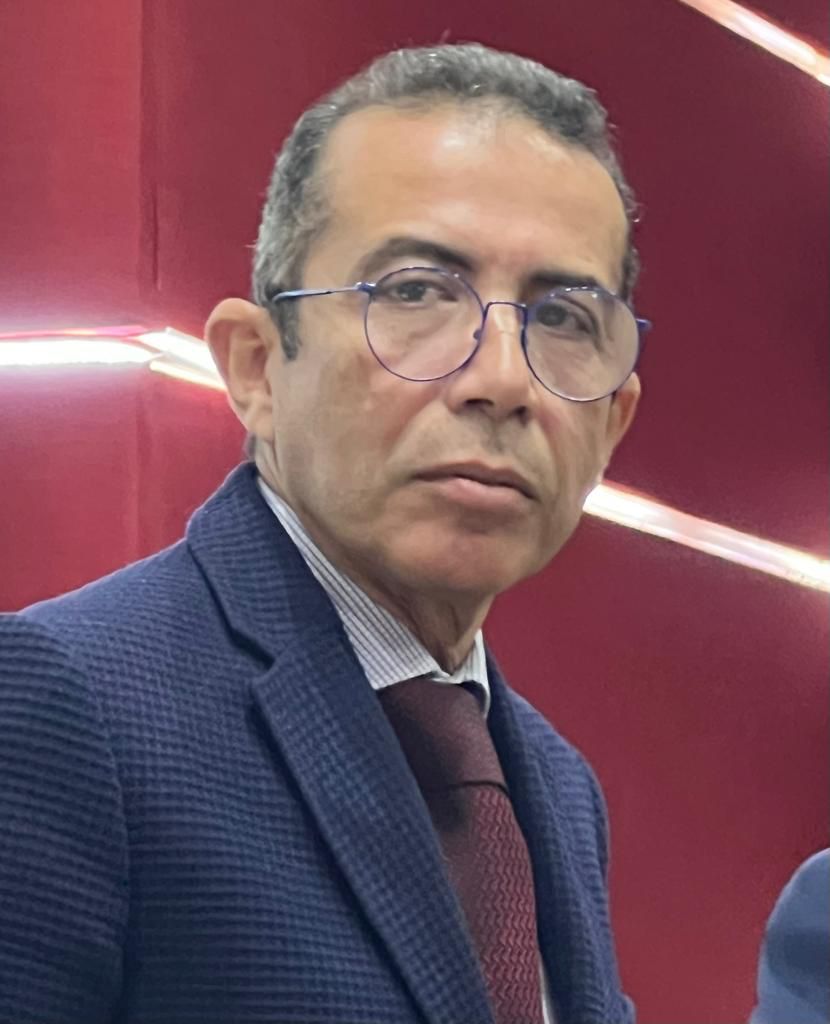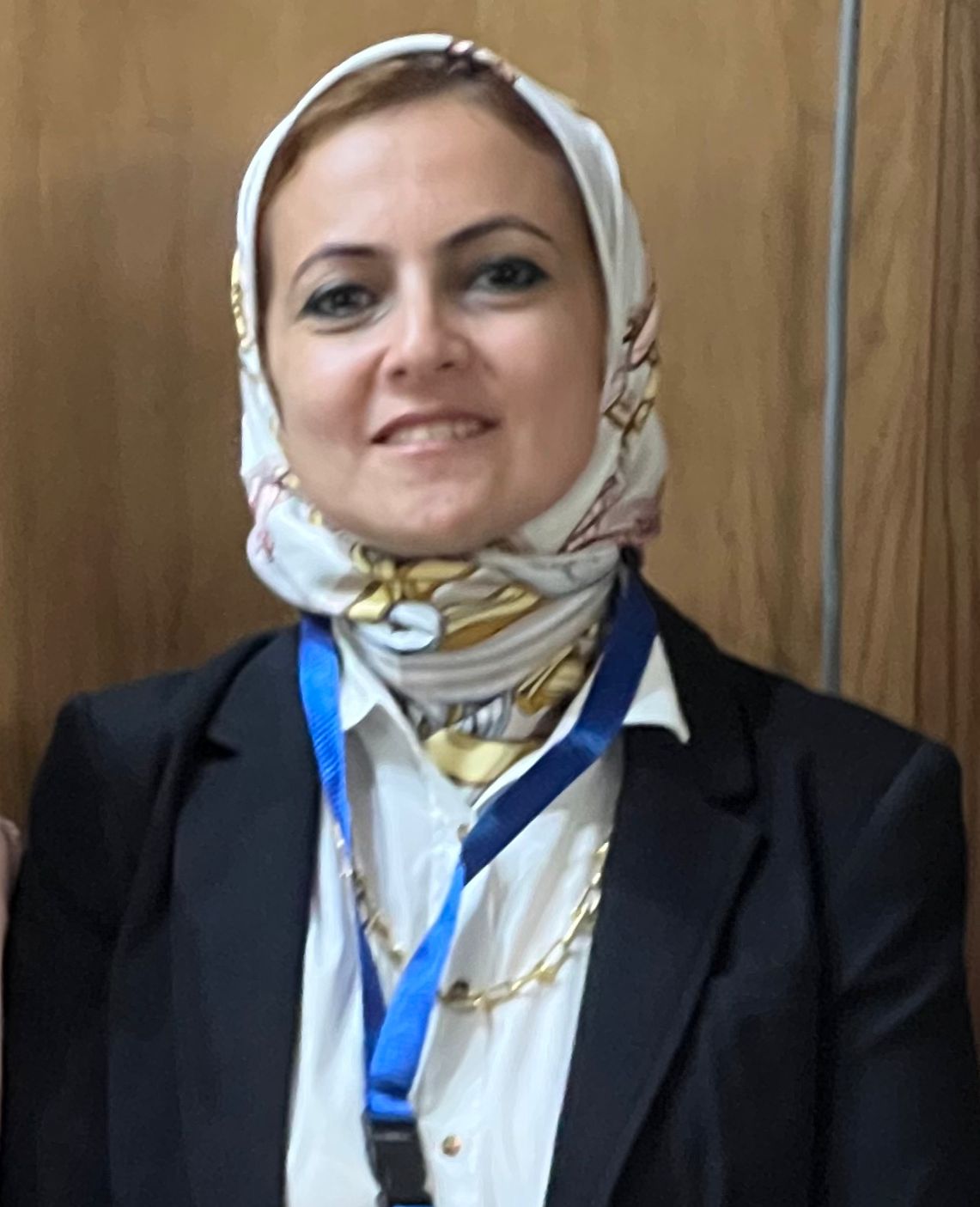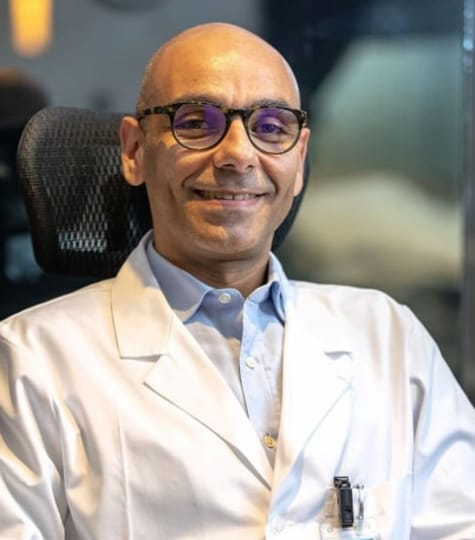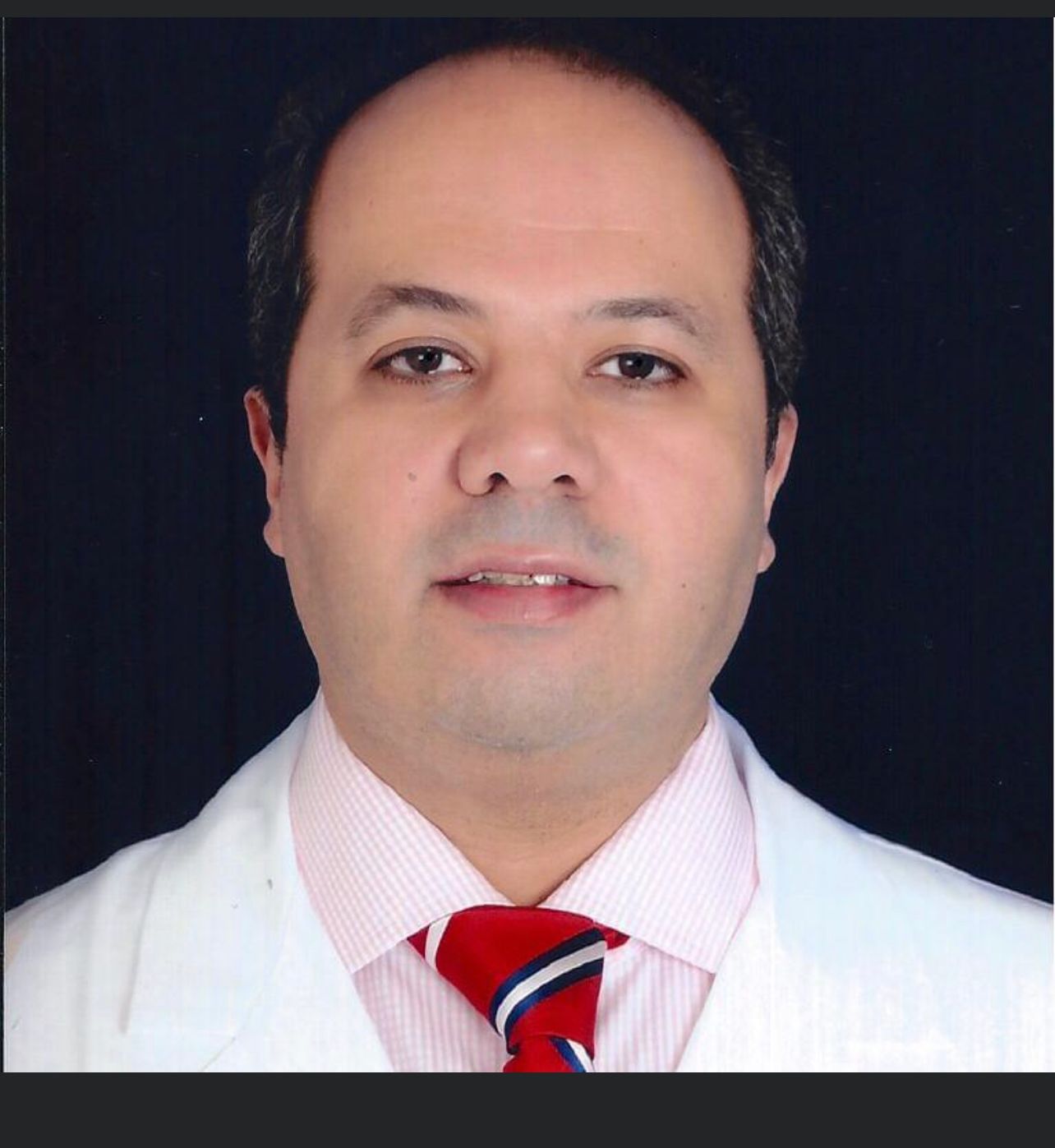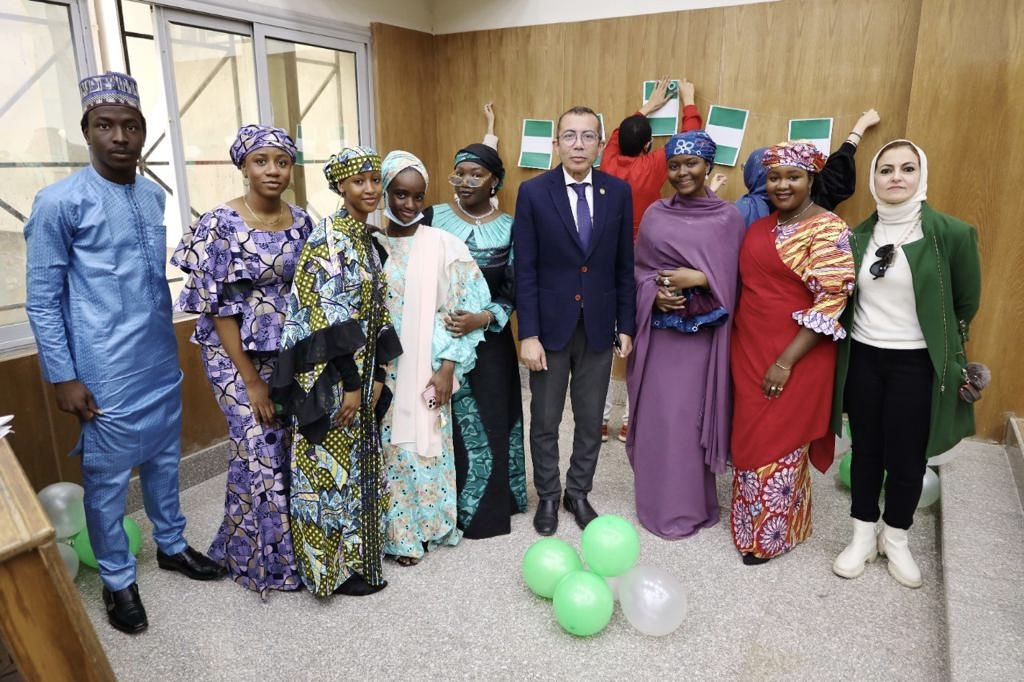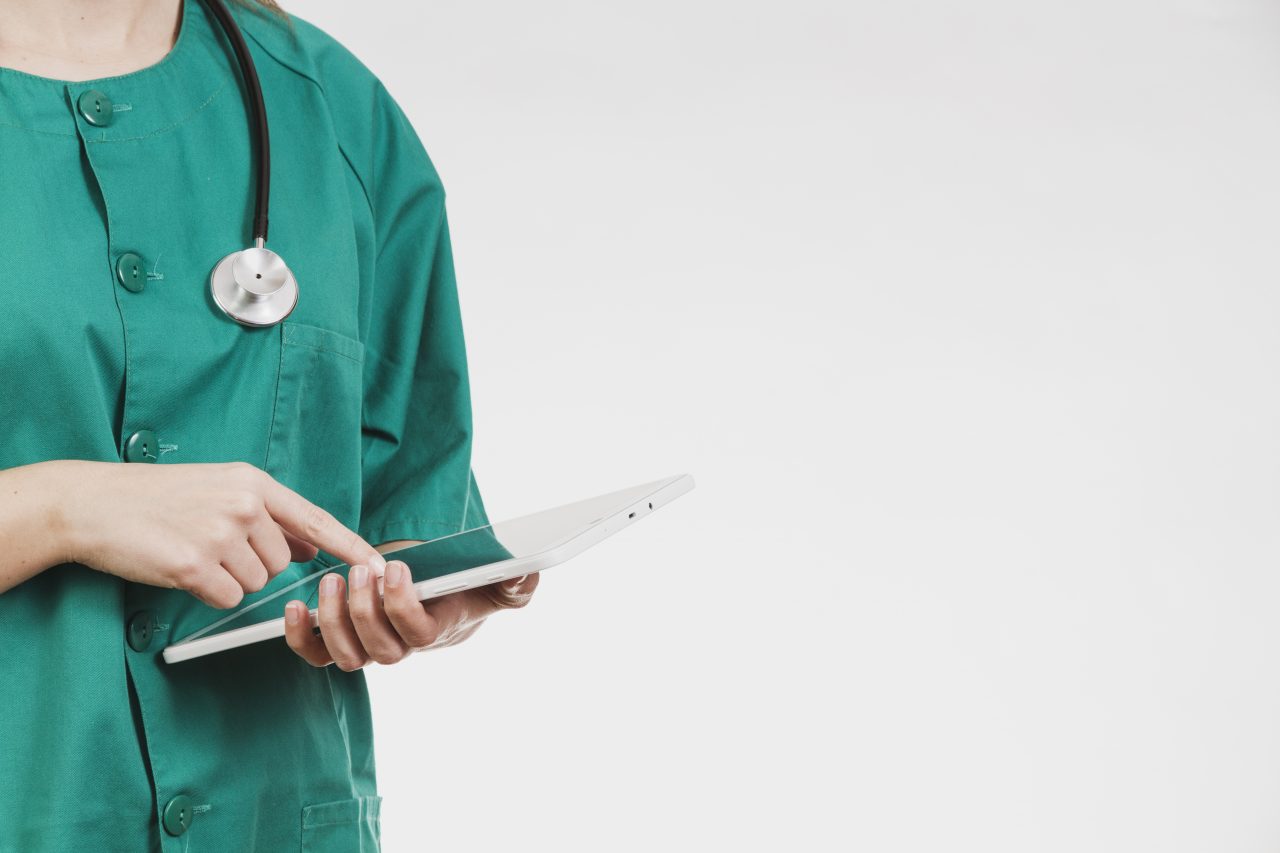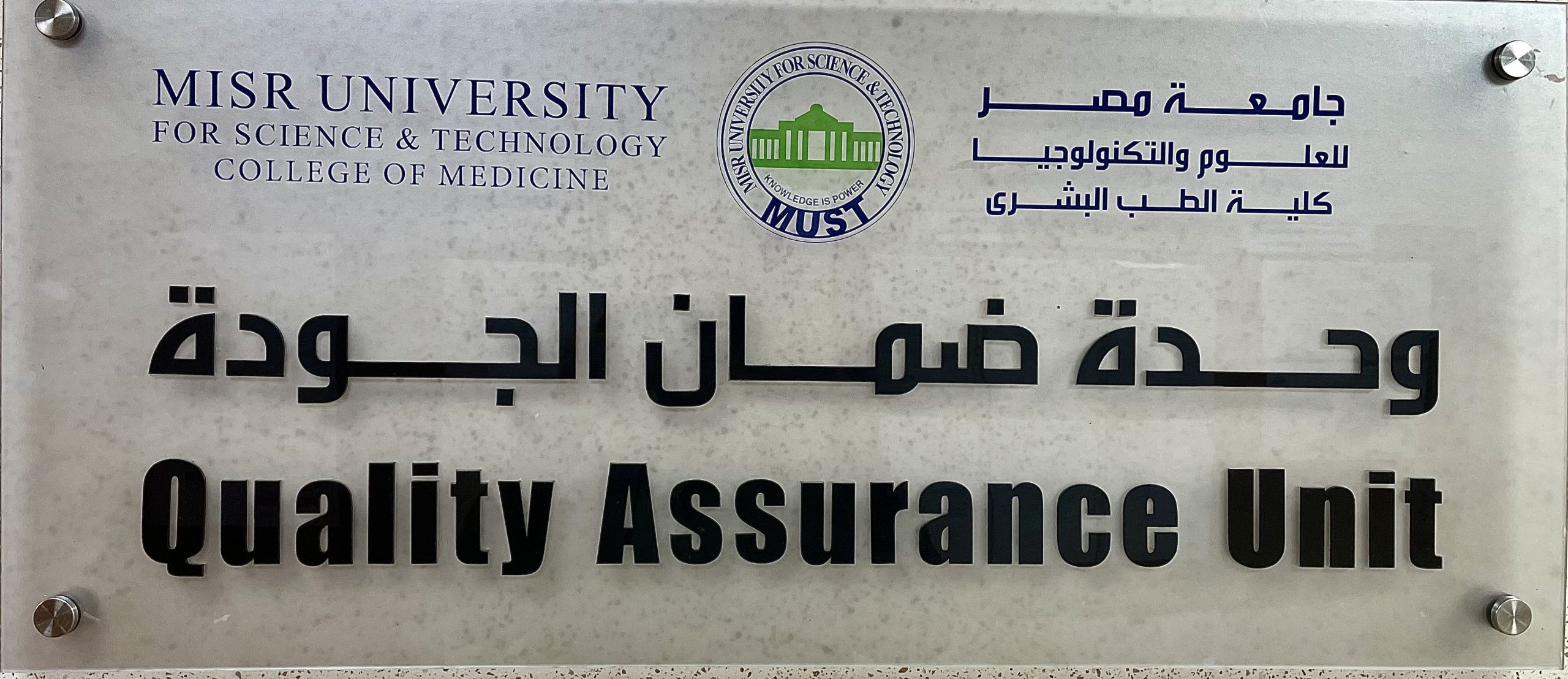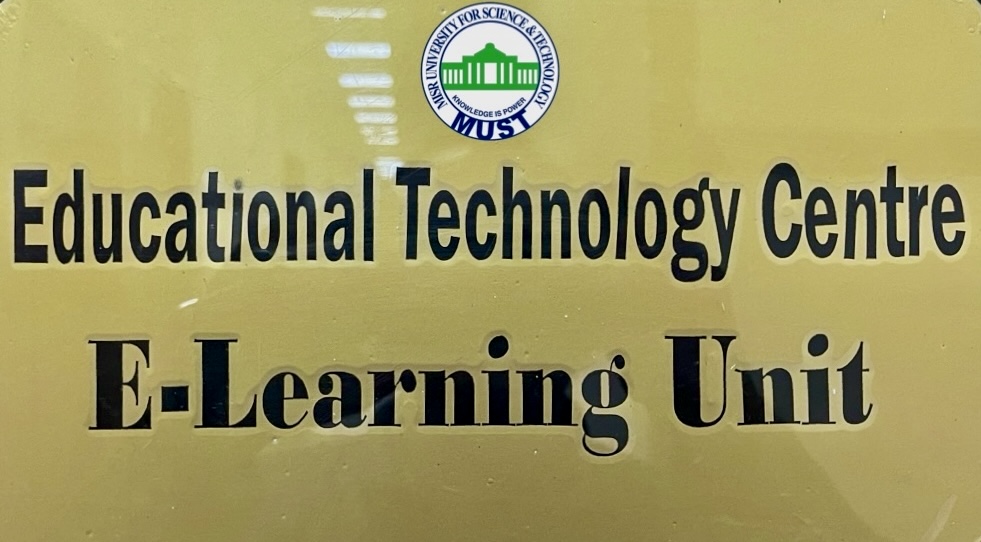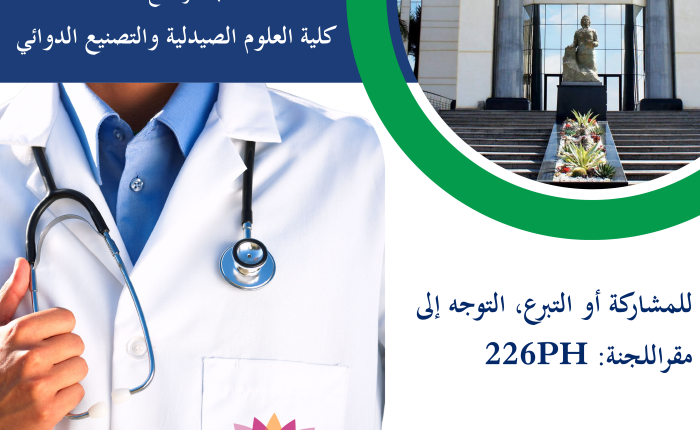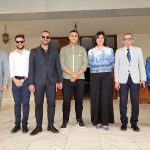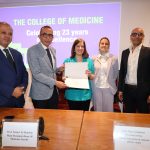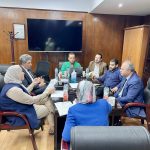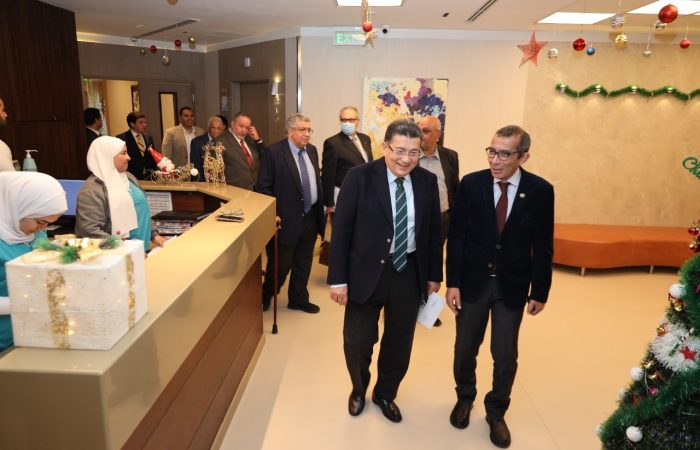Head of Department: Prof. Omar Heikal
E-mail: Omar.heikal@must.edu.eg
5.1 Cardiovascular
Studies the heart of the human body. Introducing students to common cardiac & vascular diseases and the appropriate management in both medical & interventional forms.
5.2 Critical Care
Teaching students the pivotal integration of medical knowledge, into critical management of life-threatening clinical conditions.
5.3 General Medicine
Dives into the organ systems forming the human body. With pathophysiology of diseases that ail them, as well as the journey from forming provisional to final diagnoses, and the appropriate treatment.
5.4 Geriatric Medicine
Studies the aging of the human body, with its specifics. And the diseases commonly occurring with age. To help understand healthful aging and fulfilling the special requirements of the human body at different stages of advancing age.
5.5 Neuropsychiatry
Examines the human brain, in its neurological & psychological processes. Differentiating between organic diseases of the brain & its chemistry, and psychological ones.
5.6 Pulmonology
Studies the functions and diseases of the human airway system. Analyzing common respiratory diseases, advanced approaches to diagnosis. And the appropriate treatment, both medical and interventional.
5.7 Radiology
Diagnostic, as well as interventional radiology. Teaching students the skill of evaluation and diagnosis through radiological imaging. And the innovative approaches of radiologically-guided procedures.
5.8 Special Medicine:
Understanding the basis of variable diseases ailing the human body. And how they translate in
the form of laboratory data, to reaching a diagnosis.
- 5.8.2 Dermatology, Venereology & Andrology
Building clinical knowledge of common diseases, implementing the guidelines of
management. And implementation into clinical application.
Studies the science behind the vital role of physical therapy in management & treatment of
chronic conditions. And rehabilitation after acute injuries or surgeries. Helping understand
how to build a complete program of physical therapy modified to each patient.

